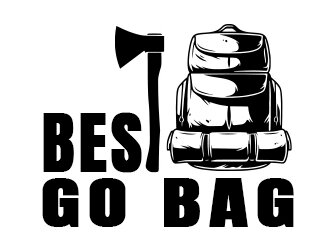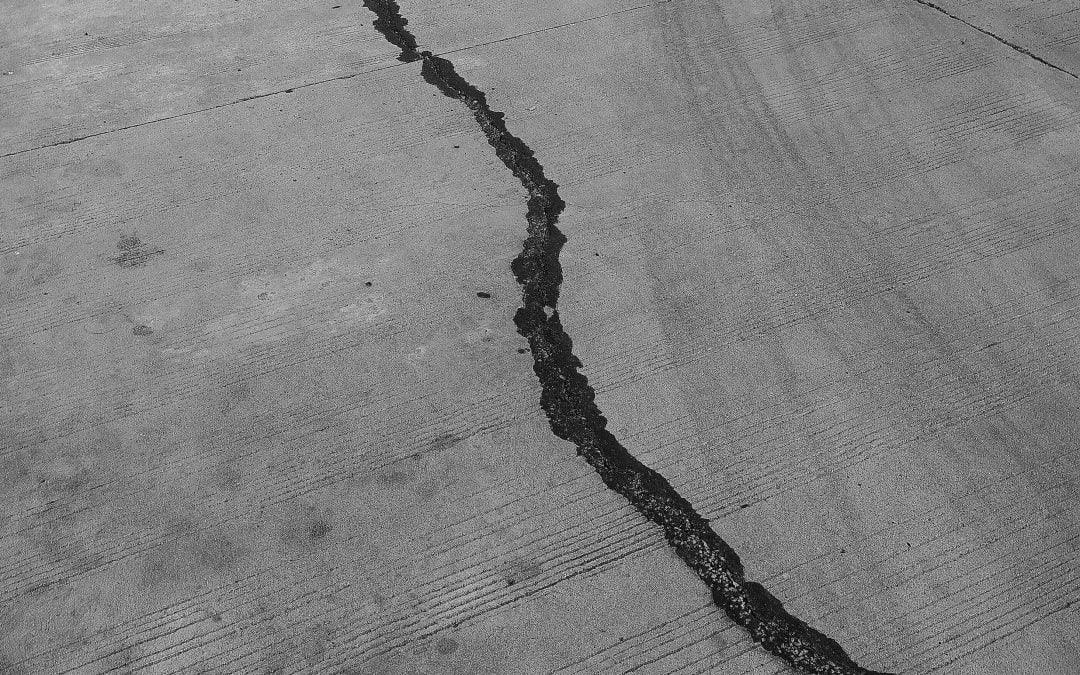<imgsrc=”” alt=””>
Earthquakes are not a matter of if, but a matter of when. The U.S. Geological Survey says over 143 million Americans live in areas where earthquakes can occur and cause major damage. Yet, the majority are unprepared because of denial, complacency, or ignorance—the recipe for becoming a victim.
If you are one of the many who haven’t given much thought to preparing for disaster, there is no time like the present to start. Keep reading for everything you need to prepare for an earthquake.
How To Prepare For An Earthquake
Earthquakes strike suddenly, violently, and often without any warning. Planning and identifying potential hazards ahead of time in advance can greatly reduce the dangers of injury or even loss of life from a quake. Reinforcing, repairing, and building foundations, anchoring overhead lighting fixtures to the ceiling, securing furniture and other objects to the floors and walls, and following local seismic building standards will help reduce the impact of a quake.
Many earthquake-related injuries result from items falling or shifting due to the rumbling of the earth. Identifying potential hazards prior to a quake can protect you and your loved ones.
Do a quick inventory of your house and where you work. Anything that can fall or move during an earthquake should be placed in a cabinet that can lock shut or a secondary container. Anything that can’t be put elsewhere should be fastened down securely, or for objects such as bookcases, attached to the wall. Avoid hanging mirrors or pictures near beds, couches, or places where people sit.
After an quake, you might not have access to food, water, electricity, or other necessities for up to a week. Creating an emergency preparedness supply kit will help you get through the aftermath of an earthquake. Store enough food, water, and other basic items to meet your needs for at least three days. Keep the emergency kit in a place where you spend most of your time so that it’ll be easily accessible if an earthquake strikes.
It is also a good idea to develop an emergency communication plan. Don’t rely on your cell phone or other devices that require electricity. Develop a plan for reuniting with loved ones after the disaster if family members are separated from one another during a quake. Ask an out-of-state relative to serve as the family contact. After a disaster like an earthquake, it is often easier to call long distance than locally, so make sure everyone in the family knows the name, phone number, and address of the contact person.
Here are a few ways you can plan ahead:
Check For Hazards in The Home
- Place heavy and large objects on lower shelves.
- Fasten shelves securely to walls.
- Hang heavy items such as mirrors and pictures away from couches, beds, and anywhere people sit.
- Brace overhead light fixtures.
- Store breakable items such as glass, bottled foods, and china in low, closed cabinets with latches.
- Repair leaky gas connections and defective electrical wiring. These are potential fire risks.
- Store pesticides, weed killers, and flammable products securely in closed cabinets with latches and on bottom shelves.
- Repair any deep cracks in the foundation or ceiling.
- Secure your water heater by strapping it to the wall studs and bolting it to the floor.
Identify Safe Places Outdoors and Indoors
- Under large, heavy furniture such as a sturdy desk or table.
- Away from where glass could shatter around mirrors, windows, pictures, or where heavy bookcases or other heavy furniture could potentially fall over.
- In the open, away from trees, buildings, telephone, and electrical lines elevated expressways or overpasses.
Educate Yourself and Loved Ones
- Get in touch with your local emergency management office or American Red Cross chapter in the area for more information on earthquakes.
- Teach your little ones how and when to call 9-1-1, police, and fire, as well as which radio station to tune into for emergency information.
- Teach all of your family members how and when to turn off electricity, gas, and water.
Have Emergency Supplies On Hand
- First aid kit and manual
- Flashlight and extra batteries
- Emergency food and water
- Water filters
- Essential medicines
- Cash and credit cards
- Crank radio
- Non-electric can opener
Pro Tip: Rather than putting together your own emergency supply kit, purchase a pre-made one— just make sure you get it from a great company like Stealth Angel Survival to ensure you are getting top-quality supplies!
Develop an Emergency Communication Plan
- Make a communication plan for reuniting after the disaster in case family members are separated from one another during an earthquake.
- Ask an out-of-state relative to serve as the “family contact” and make sure everyone in the family knows that person’s name, phone number, and address.
What To Do During An Earthquake
It’s important to keep in mind that some earthquakes are actually foreshocks, and a much larger earthquake might follow. Minimize your movements to just a few steps to a nearby safe place.
If you are indoors, you should immediately drop, cover, and hold—drop to the ground, find cover under a sturdy table or another piece of strong furniture, and hold on tight until the shaking stops. If there isn’t a strong table or desk nearby, move to a corner or inside part of the building that is away from glass, and stay on the floor with your arms covering your head.
Stay inside until all the shaking has stopped and you are sure exiting is safe. Once outside, move away from buildings to open space.
What if you are in your car or driving?
The car is one of the worst places you can be during an earthquake. The moment you begin to feel a rumble, pull over to the side of the road, stop, and set the parking brake. Be sure to avoid bridges, overpasses, power lines, signs, and other hazards.
Stay inside your vehicle until the rumbling stops, then proceed carefully by avoiding fallen debris, cracked or shifted pavement, and emergency vehicles. If a powerline happens to fall on your car, don’t panic and stay inside until a trained person removes the wire.
A Final Word
After an earthquake, it’s most important to get to a safe location. Take your emergency supplies kit with you, check for injuries and hazards, and then help others. Once you’re safe, follow the emergency earthquake plan that you have prepared to communicate and reconnect with loved ones.
No one knows when a disaster might strike, but we can be prepared for them. Being prepared for an emergency situation like an earthquake can literally mean the difference between life and death. Think about it: if an earthquake were to leave you and your family trapped in your home for two weeks, how would you survive without the basic necessities like food and water?
Being prepared means having a plan and supplies readily available in the event of an emergency. Don’t be the victim of an earthquake because you didn’t properly prepare. Put together an emergency plan and supplies now.
Not sure where to get emergency supplies? Look no further and check out Stealth Angel Survival—the leader in emergency preparedness kits, supplies, and survival products. If you haven’t already, stockpile on supplies now—when a disaster strikes, you’ll be glad you did.
Sources:


